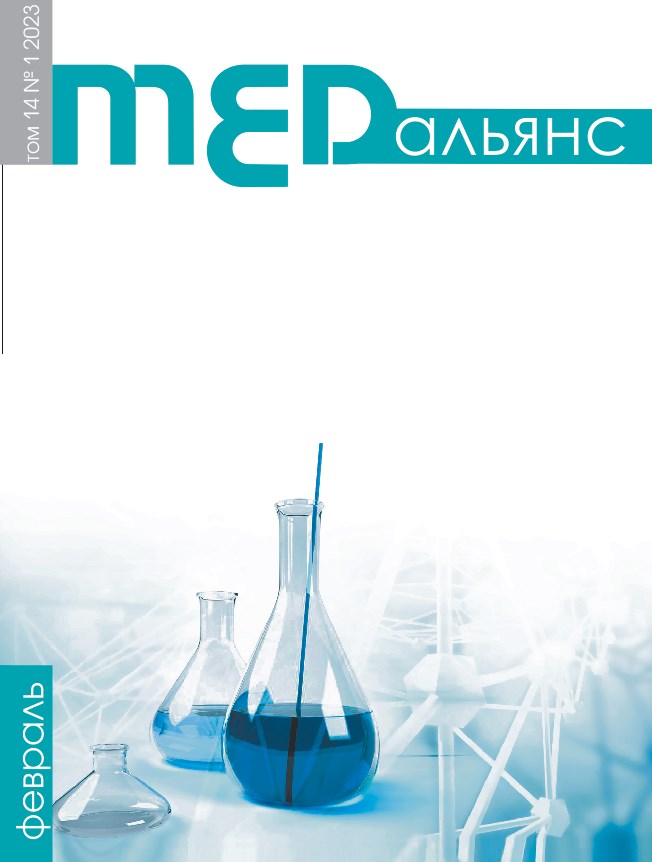Abstract
Introduction. Tuberculosis (TB) and chronic obstructive pulmonary disease (COPD) belong to the category of comorbid
mutually aggravating diseases with an unfavorable prognosis for working capacity and life. Objective of this study was to assess the possibility of predicting outcomes of TB treatment in patients with COPD. Materials and methods: 514 patients were included in a simple comparative retrospective study. Patients were divided into 2 groups: group 1 — patients with newly
diagnosed TB without COPD (310 patients), including 149 men (48.1%) and 161 women (51.9%) (?2=0.89, p=0.345), age (Me (25.0; 75.0)) 40.41 (29.00; 49.50); group 2 — 204 TB+COPD patients, including 180 men (88.2%) and 24 women (11.8%) (?2=41.15, p=0.000), age (Me (25.0; 75, 0)) 48.25 (38.00; 57.00). The main factors influencing the severity of the disease and the outcome of treatment were identified, and the signs were graded. Using analysis of variance, the conditional probability of a favorable and unfavorable outcome of TB treatment for various combinations of signs was calculated. Results: When using multivariate analysis of variance, the cumulative additional effect of the trigger (years of smoking — shortness of breath — CAT test) on outcome was 29.8%, compared with a single effect of the studied signs. Conclusion. The outcome of TB treatment in comorbid patients is determined not only by adequate TB chemotherapy, but also by the state of the bronchopulmonary system, which determines the main functions of life to prevent disability and mortality.

